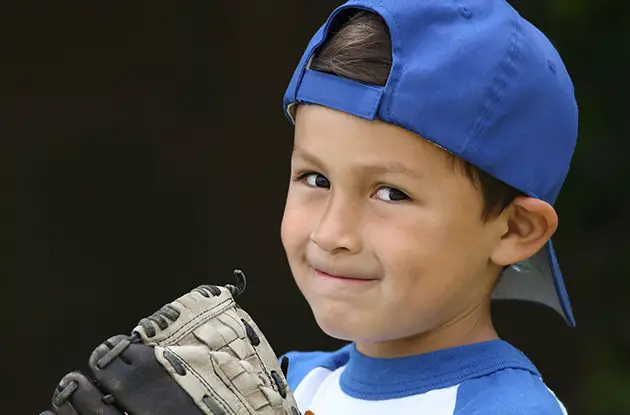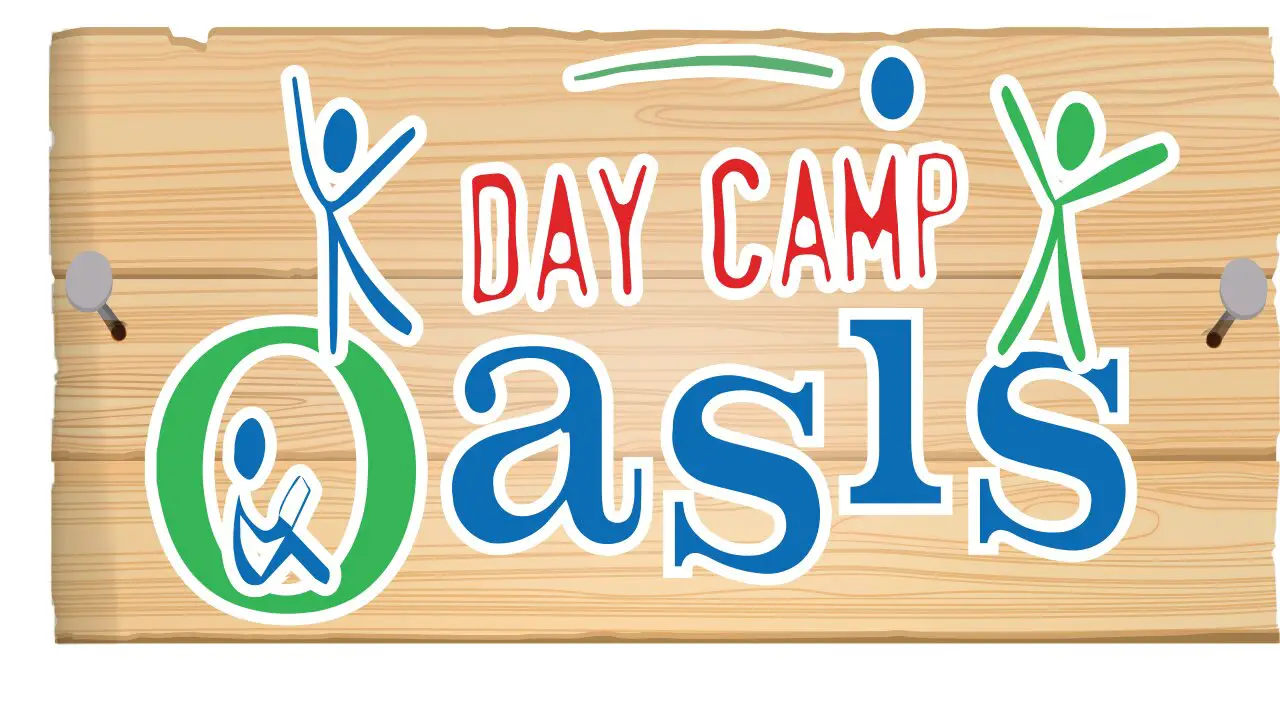
How To Choose The Right Sports Environment For Your Child
Get can’t-miss family activities sent to you!
Get the Best Family Activities
Parents should observe how their child responds to situations where her performance is evaluated alongside peers before moving her to a more competitive environment. How does she respond? Is the child aware of differences in ability level? Does she become upset if her performance is not "the best"? Does the child understand that even if she messes up she can do better next time? When she is ready to step into a competitive situation, she'll handle constructive criticism and losing with grace, says Gina Lipton, a licensed psychologist in Manhattan.
Lipton says it is essential that children respond well to these tests and move on to a competitive environment as soon as they can. She fears that treating all children as equals for too long is a disadvantage to children, their coaches, and their teammates.
"If you treat all kids the same for too long, they won’t be able to believe the feedback that they receive from the adults who coach them," Lipton says. "Those who are talented will discount the positive feedback that they receive—as will those who are less able. All will be deprived of accurate feedback that they can use to improve their skills."
By creating an environment that directly rewards success, values like the importance and practical application of hard work, dedication and teamwork are stressed. Children can see how mastering these skills on the field or court will make them more successful in school, work, and beyond. They will also be able to take appropriate risks, learn from mistakes, and share experiences with their teammates and coaches, says licensed psychologist Fred Zelinger, who practices in Cedarhurst, Long Island.
Children will also learn to cope with failure and persevere. They will leave their team able to take direction and feedback from an authority figure. Finally, they will learn that even when they perform at their best they, or their team, might not always win, Lipton says.
"That's true in so many areas of life—and it's important that children learn to judge themselves based on criteria other than winning," Lipton says. "The playing field is an ideal place to learn intricacies like these."






